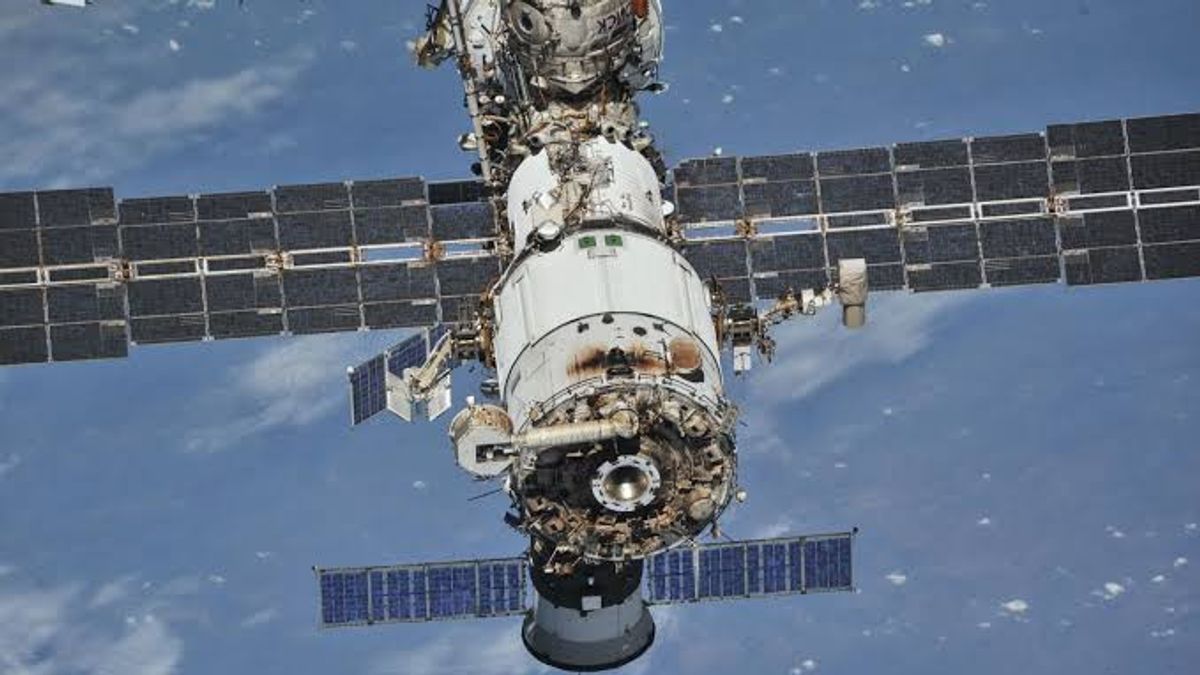JAKARTA - Suddenly the International Space Station (ISS) was filled with fire alarms in the early hours of Thursday 9 September, and the crew reported seeing smoke and the smell of burning plastic.
After further identification, the Russian space agency Roscosmos said the incident occurred in the Russian-made Zvezda module and while the station's batteries were being recharged. The smell of burning plastic has reportedly spread from parts of Russia to the US module.
There were no fatalities in this incident, after that incident and air quality returned to normal. The crew then activated the air filter and went back to rest. The crew will resume space travel on Thursday as previously planned to continue integrating the Nauka science laboratory.
The space station is currently operated by NASA astronauts Mark Vande Hei, Shane Kimbrough and Megan McArthur. Oleg Novitsky and Pyotr Dubrov of Roscosmos Russia. Meanwhile, the Japanese Aerospace Exploration Agency has astronaut Akihiko Hoshide, and the European Space Agency has astronaut Thomas Pesquet.
According to BBC International, the aging space station has suffered a number of failures over the years. Russian official Vladimir Solovyov told state media on September 1 that the ISS could suffer an irreparable failure, due to outdated equipment and hardware. These include air leaks, failed thrusters and cracks.
Solovyov stated that at least 80 percent of the aviation systems in the Russian segment have passed their expiration date. He also explained that small cracks had been found in the cargo section of the Russian Zarya and could worsen over time.
The ISS was built in 1998 as part of a joint project between Russia, the US, Canada, Japan and several European countries. It was originally designed for a service life of 15 years. In April, Russian Deputy Prime Minister Yuri Borisov revealed to state TV that scrap metal on stations could have irreversible, catastrophic consequences. This cannot happen. Last year, Roscosmos also said that the ISS would not be operational after 2030.
The English, Chinese, Japanese, Arabic, and French versions are automatically generated by the AI. So there may still be inaccuracies in translating, please always see Indonesian as our main language. (system supported by DigitalSiber.id)








